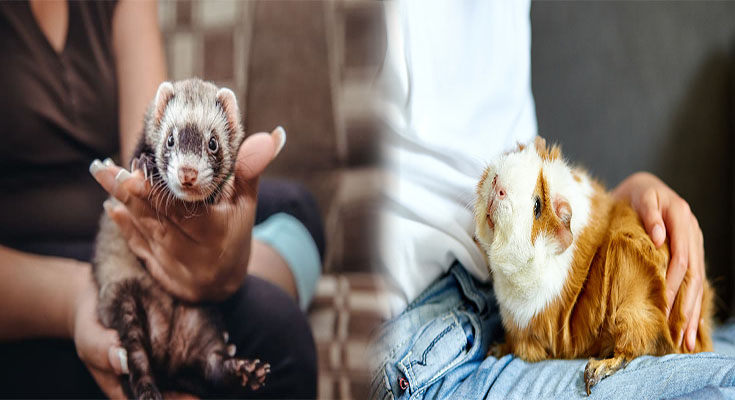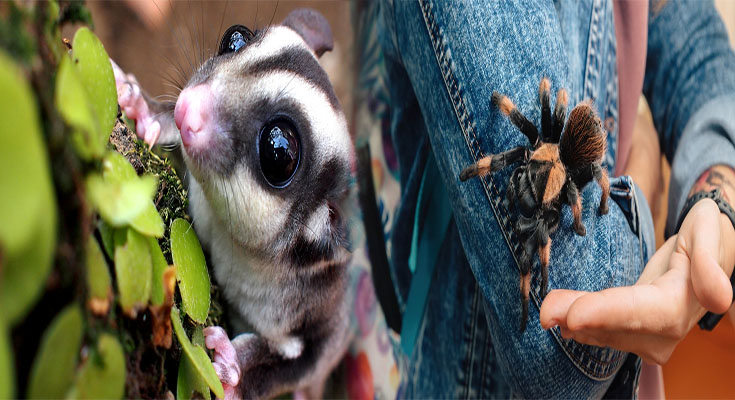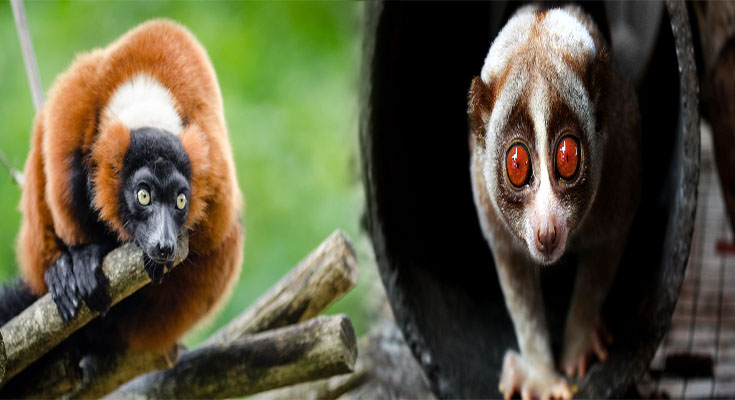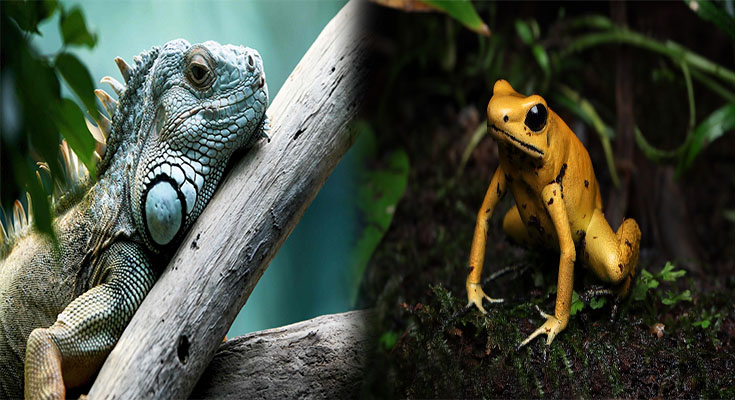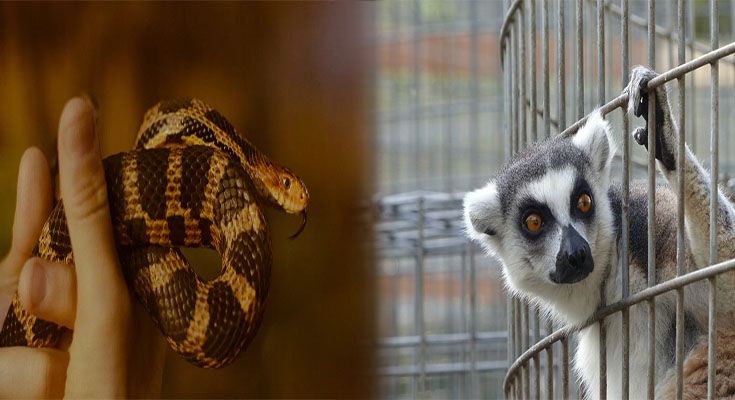
Training Techniques for Socializing Exotic Pet Animals
Socializing exotic pet animals is a crucial aspect of their care that can enhance their well-being and strengthen the bond between you as their owner. Using the right training techniques can help you effectively socialize your exotic pet and ensure they feel comfortable and secure in their environment. Here are some valuable training techniques to assist you in socializing your exotic pet animals:
1. Positive Reinforcement:
Utilize positive reinforcement techniques such as treats, praise, and playtime to reward your exotic pet for desired behaviors. This method encourages them to associate good behavior with positive outcomes and reinforces a trusting relationship between you and your pet.
2. Desensitization:
Gradually expose your exotic pet to different stimuli, environments, and experiences to help them become more comfortable and less fearful. Through controlled and gradual exposure, you can desensitize your pet to unfamiliar situations and build their confidence over time.
3. Clicker Training:
Clicker …
Training Techniques for Socializing Exotic Pet Animals Read More

